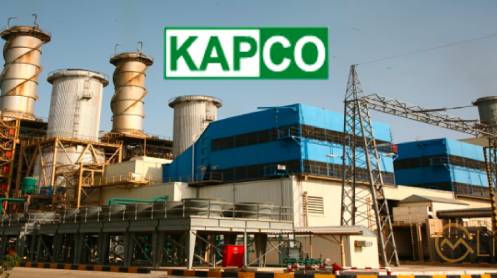Oil marketing companies (OMCs) and refineries already mired in deep financial constraints would face almost Rs15 billion losses in next fifteen days due to altered exchange rate formula implemented by the government from August 1.
The government changed the exchange rate formula from the last day of a fortnight to an average of two weeks, something that has irked both the OMCs and refineries, as the decision would lead to a loss of Rs9.8/litre on hi-speed diesel and Rs8.21/litre on mogas (petrol).
Already crisis-stricken oil industry has warned the government that this financial burden would have an unimaginable impact on cash flows and the situation might lead to catastrophic disruption in the POL supply chain, a senior official in the Energy Ministry told The News.
The oil industry would experience loss of Rs8 billion on petrol just because of the change in exchange rate formula and Rs9 billion damage on HSD till August 15, 2022.
To avoid further losses, the oil industry demanded that Pakistan State Oil’s exchange rate adjustment computed for petrol should be allowed for HSD as well. This would enable other importers to recover exchange losses; if not, the government should ensure that the State Bank of Pakistan (SBP) provides US dollars to industry on the exchange rate included in the pricing for the period, they demanded.
The official also disclosed that the industry demanded to revise the exchange rate immediately, and to rework prices based on the latest applicable exchange rate.
He said that the Ministry of Petroleum and Oil and Gas Regulatory Authority chairman summoned an urgent meeting of all OMCs and refineries on Sunday (July 31, 2022) to take the oil Industry on board about the new pricing formula, which was made effective from August 1, 2022.
“In that particular meeting, secretary petroleum and chairman OGRA announced that they have decided to now use the average US dollar exchange rate instead of the rate applicable on the last working day, which is part of the pricing formula for the last many years.”
CEOs of OMCs and refineries had unanimously opposed this unilateral decision, he shared, adding that the government officials were apprised of the severe financial challenges being faced by the oil industry.
Government representatives were also informed that this change in the treatment of the exchange rate would lead to a loss of Rs9.8/litre on HSD and Rs8.21/litre on petrol. “And this will further fuel the financial miseries of the oil industry.”
The oil industry is currently constrained due to insufficient margins, continuous devaluation of rupee, rising financing costs, challenges in confirmation of letters of credit, and high turnover tax etc that have been communicated to the ministry and OGRA time and again.
Oil Companies Advisory Council (OCAC) highlighted that the adjustment of exchange rate passed through PSO’s calculation was based on mogas cargoes only, since PSO uses SBP notified exchange rate to pay for HSD imported from Kuwait Petroleum and deposits it in the Pakistan government’s account. “This mechanism does not allow recovery of exchange losses on HSD import for other importers which is resulting in huge losses already.”
The oil industry also pleaded, the official said, that there was also a huge disparity between rates published by the SBP (used in OGRA prices) and those quoted by commercial banks for the retirement of credit letters. The rate quoted by banks even touched the peak of Rs250, showing a spread of Rs10 to Rs15 depending upon the gap in demand and supply.
The industry also raised the matter of margin adjustment on account of OMCs in line with the increased costs, which were insufficient as some key components of the costs were not adjusted in the margins.
Those included i) Financing cost of maintaining 20 days stock cover and pipeline deadstock, which eats up around 70 percent of the current OMCs margin; ii) At the prevailing rates the turnover tax of 0.5 percent consumes around 30 percent of the OMCs margin, thereby significantly diminishing OMCs profitability; iii) The delay in the berthing of vessels due to port congestion has resulted in demurrages which are also burdening the OMCs margins; and iv) Approximately 65 percent of all motor fuels are imported and LC confirmation charges have increased significantly and have severely impacted OMCs profitably.





